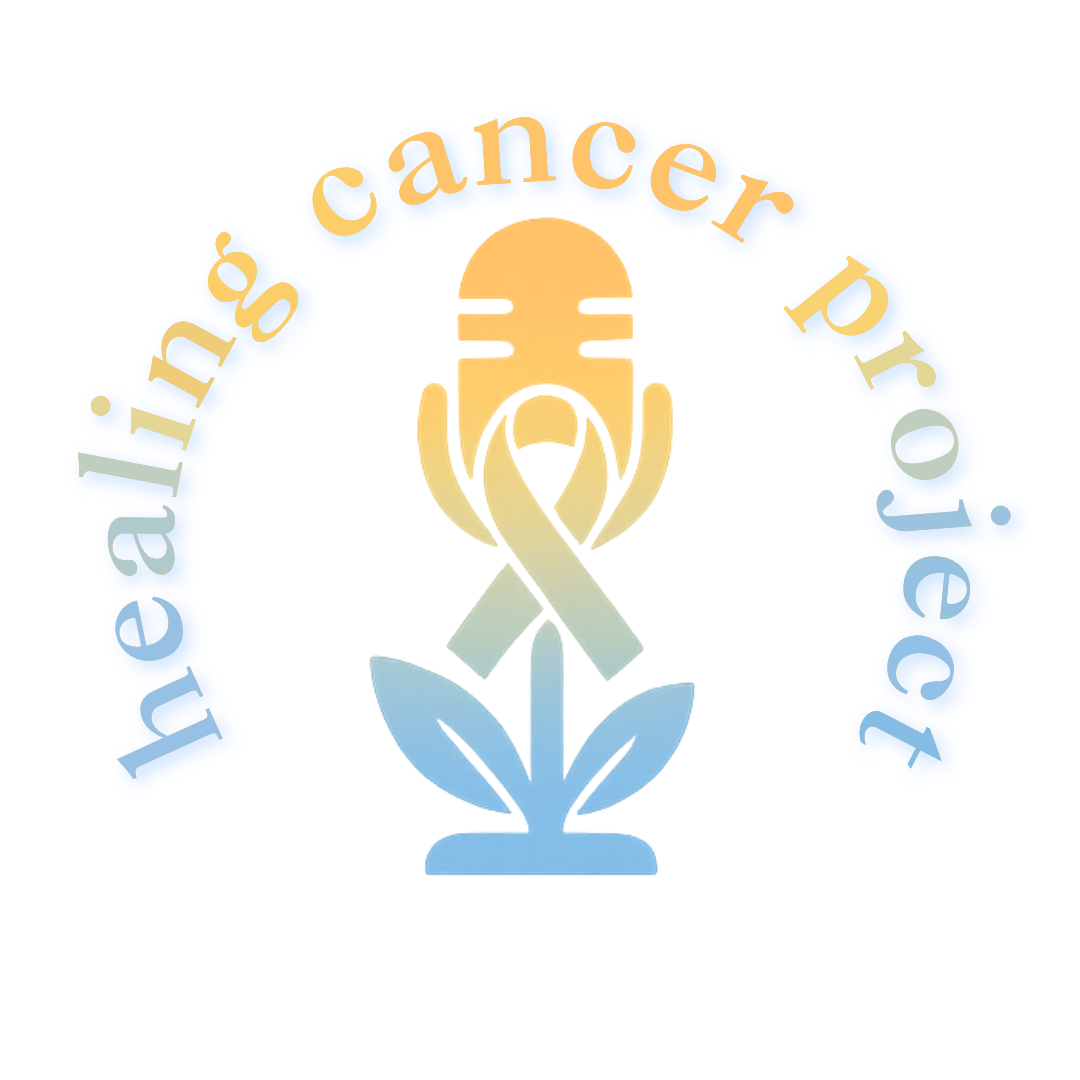
The Role of Diet in Cancer Treatment
A nutrient-rich diet is vital during cancer treatment, as it supports the immune system, reduces inflammation, and enhances recovery. While every person's body is different, and people have different interactions with different foods, there are a number of factors to consider when finding the right diet for each individual.
General Guidelines for a Cancer-Focused Diet
Prioritize Nutrient Density: Choose foods high in vitamins, minerals, and antioxidants (e.g., berries, cruciferous vegetables, garlic, and mushrooms).
Focus on Protein: Lean proteins (like lean beef, poultry, fish, beans, and tofu) support muscle maintenance and recovery during treatment.
Stay Hydrated: Proper hydration helps the body flush toxins and supports overall health.
Limit Alcohol: Alcohol consumption is linked to an increased risk of certain cancers and can weaken the immune system.
Avoid refined sugars and processed foods because they spike insulin levels, fueling cancer growth, and contain additives that promote inflammation and oxidative stress.
Best Diets for Cancer Treatment:
Plant-Based Diet (Vegan): Rich in fruits, vegetables, and whole grains, these provide antioxidants and reduce inflammation.
Ketogenic Diet: Limits glucose, potentially starving cancer cells (under medical supervision).
Paleo Diet (Anti-Inflammatory Diet): Includes omega-3-rich fish, lean meats, nuts seeds, turmeric, and leafy greens to fight inflammation.
Whole Foods Diet: Focuses on minimally processed foods, avoiding sugars and additives.
Prolonged Fasting: Extended fasting for 2–4 days, often under medical supervision.
Juice Fasting: Juice fasting is a detox-focused dietary practice where only fresh fruit and vegetable juices are consumed for a set period to support hydration, nutrient intake, and cleansing.
Intermittent Fasting or Caloric Restriction: Emerging evidence suggests that intermittent fasting may improve the effectiveness of cancer treatments by reducing glucose and insulin levels, thereby depriving cancer cells of fuel.
Similar to diet, each person reacts differently to different water sources. The water you drink during cancer treatment is crucial because it supports your body’s ability to heal, manage side effects, and maintain overall health. Drinking clean, safe water is essential during cancer treatment as it supports detoxification, prevents dehydration, and protects kidney and immune health. Hydration helps manage treatment side effects like fatigue, nausea, and constipation while balancing electrolytes and reducing infection risks. Use filtered or bottled water to avoid contaminants, and aim for 8–12 cups daily, unless otherwise directed by your doctor.
Here are some popular options for different water types to considers:
Hydrogenated: Hydrogenated water is considered beneficial because it contains dissolved hydrogen molecules, which may act as antioxidants to reduce inflammation, combat oxidative stress, and support cellular health.
Alkaline: Alkaline water may benefit health by neutralizing acidity in the body, improving hydration, and potentially reducing oxidative stress due to its higher pH and antioxidant properties.
At home reverse osmosis filtration : At-home filtration water is beneficial because it removes harmful contaminants like chlorine, heavy metals, and bacteria, ensuring cleaner, safer, and better-tasting water for daily consumption.
Natural Spring: Natural spring water is beneficial because it is rich in essential minerals and typically free from contaminants, promoting hydration and supporting overall health.
Summary: General tips include staying hydrated, eating lean proteins, and avoiding alcohol. A tailored nutrition plan can boost treatment effectiveness and overall well-being.
Disclaimer:
The information provided on this website is for educational and informational purposes only and is not intended as medical advice. While we strive to provide accurate, up-to-date information on various cancer therapies, including both traditional and alternative options, this content should not be used as a substitute for professional medical consultation, diagnosis, or treatment.
We strongly recommend that users consult with qualified healthcare providers before making any healthcare decisions, including but not limited to: starting or stopping any new or existing cancer treatments. Every individual’s health situation is unique, and only a licensed medical professional can provide tailored guidance.
Our goal is to inform and empower, but we cannot guarantee the effectiveness or safety of any therapy discussed on this site. Reliance on any information provided by this website is solely at your own risk.
Some content on this website has been generated or assisted by artificial intelligence, and then has been internally reviewed. Any resemblance to copyrighted material is purely coincidental and unintentional. If you believe any content infringes on intellectual property rights, please contact us for resolution.



